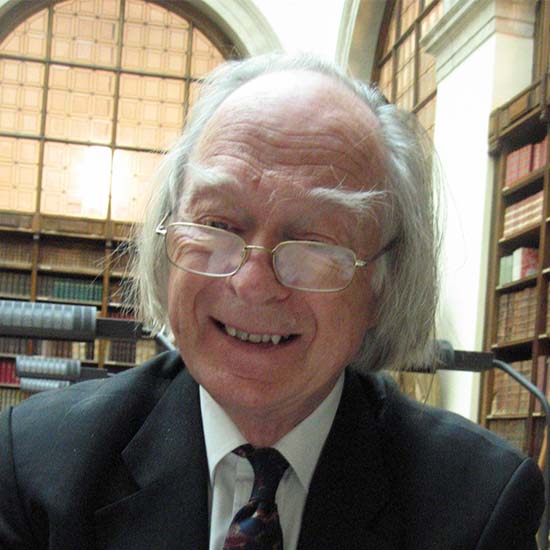Denis Noble discovered slowly activated potassium channel currents in the heart and undertook a quantitative analysis of their role in controlling repolarisation and pacemaker activity. He also discovered the ionic mechanisms by which adrenaline increases heart rate.
He has shown that therapeutic levels of cardiac glycosides may increase, rather than decrease, potassium gradients in the heart, and has published an analytical treatment of membrane excitation theory and cable theory that provides a modern basis for the concepts of safety factor, liminal length, excitation time constants and the phenomenon of repetitive firing. He published two books on this early work: The Initiation of the Heartbeat (1975) and Electric Current Flow in Excitable Cells (1975).
He is the author of the first popular book on systems biology, The Music of Life (2006) and his most recent papers and lectures concern the implications for evolutionary biology.
Professional position
- Director of Computational Physiology, Department Of Physiology, Anatomy and Genetics, University of Oxford
- President, IUPS
- President, Virtual Physiological Human Institute
Subject groups
-
Multicellular Organisms
Physiology incl biophysics of cells (non-clinical)
-
Patterns in Populations
Evolution

